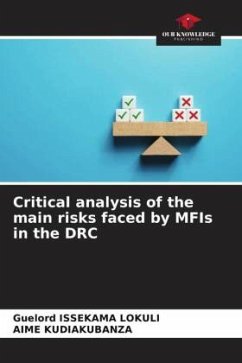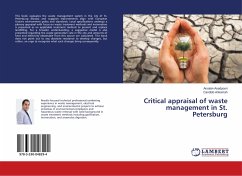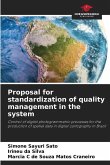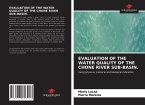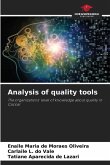Microcredit is currently considered by many researchers as a poverty-reduction tool for impoverished populations excluded from the conventional system, yet endowed with productive and creative capacities capable of mobilizing savings, granting credit and providing payment services in an environment fraught with risks for financial institutions, but also for applicants or debtors who are economic agents. In the DRC, MFIs have become real institutions which, by virtue of their financial lending activities, incur risks that need to be managed and planned in order to develop and increase their financial capacity, based in particular on legal texts and instructions from the Central Bank of Congo (BCC). The main aim of this study is to identify the main risks faced by MFIs, as well as the causes underlying recurrent cases of loan non-repayment, and to propose therapeutic solutions. To achieve this, we used statistical and analytical methods.
Hinweis: Dieser Artikel kann nur an eine deutsche Lieferadresse ausgeliefert werden.
Hinweis: Dieser Artikel kann nur an eine deutsche Lieferadresse ausgeliefert werden.

